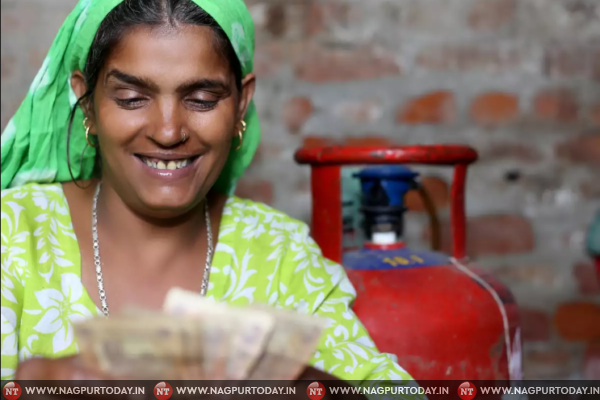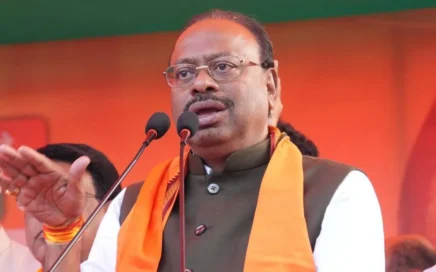
Nagpur: Despite Maharashtra’s debt surpassing Rs 8 lakh crore, the State Government continues to allocate funds toward direct cash transfers and politically motivated expenditure while failing to prioritize critical sectors like infrastructure, education, healthcare, employment, and social welfare, said an affidavit filed in the Public Interest Litigation (PIL) against alleged irrational freebies.
The affidavit, submitted by social activist Anil Wadpalliwar in the Nagpur Bench of the Bombay High Court, cites various newspaper reports and RTI replies to argue that fiscal prudence is being neglected in favour of schemes designed to serve electoral interests.
One of the key allegations in the affidavit is the government’s failure to convene meetings of the monitoring committee mandated under Rule 10 of the Fiscal Responsibility and Budget Management (FRBM) Rules, 2006. Citing an RTI response, the petitioner claims that no such meeting has taken place in the past three years, despite the FRBM rules requiring the committee to meet at least twice a year to assess and advise on the state’s fiscal and debt position. This, the affidavit argues, constitutes a serious breach of statutory obligations and executive oversight.
The matter was heard on Friday before the Nagpur Bench of the Bombay High Court, where the Maharashtra Government sought four weeks to respond to the new points raised in the petitioner’s affidavit. However, the division bench of Justice Nitin Sambre and Justice Vrushali Joshi granted only three weeks for filing a response. This is the fourth time the state has sought additional time in the case.
Earlier, the Maharashtra Government strongly defended its social welfare schemes, including Ladki Bahin Yojana, asserting that they are essential for addressing socio-economic challenges. In its affidavit, the state claimed that over 50% of women in Maharashtra suffer from anaemia, while the female employment rate stands at only 28.7%, justifying targeted welfare initiatives.
The government has listed several key schemes, including electricity subsidies under Mukhyamantri Baliraja Vij Savalat Yojana, free LPG cylinder refills under Mukhyamantri Annapurna Yojana, the Pink E-Rickshaw scheme for women’s self-employment, and free higher education for eligible girls.













